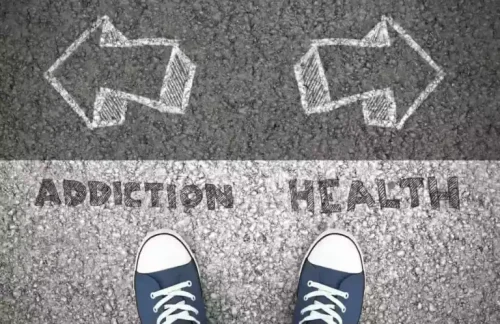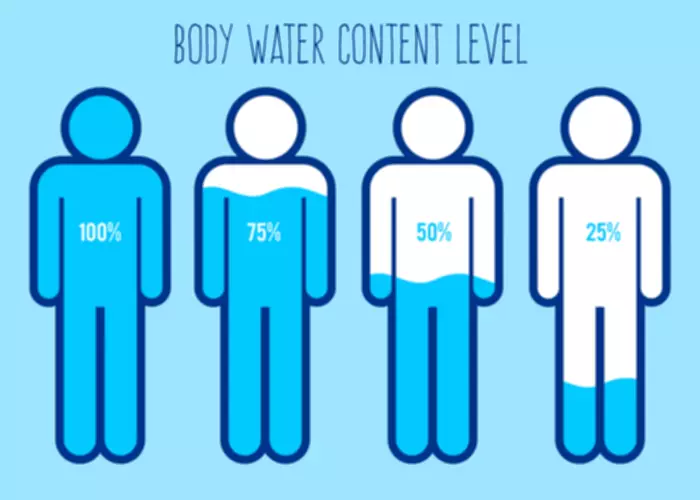Notice: Trying to access array offset on value of type null in /srv/pobeda.altspu.ru/wp-content/plugins/wp-recall/functions/frontend.php on line 698

If you’re on dialysis, drinking alcohol may be allowable, but it must be counted within your normal fluid allowance and diet, and medicines must be taken into consideration. Not all forms of kidney disease are preventable, but adopting a healthful lifestyle may reduce https://ecosoberhouse.com/ the risk of complications, even in people with genetic kidney disorders. It is important to see a doctor for any and all kidney pain, whether it is related to alcohol consumption or not. Alcohol increases the acidity of urine and can irritate the lining of the bladder.
Managing Blood Sugar and Chronic Kidney Disease

Heavy drinking makes it more difficult for you to qualify for a kidney transplant. Kidneys act as filters, removing harmful toxins from your bloodstream. The right treatment option for kidney pain related to alcohol depends on the cause. Sustaining a physical injury to the kidneys, such as by falling from a height, may also cause kidney pain.

Alcohol spiked with zolpidem and midazolam potentiates inflammation, oxidative stress and organ damage in a mouse model
- According to Dr. Bobart, there’s no research to suggest a link between alcohol and kidney pain.
- Among the most important substances contributing to these conditions are water, sodium, potassium, calcium, and phosphate.
- A blockage or obstruction prevents urine from properly draining from the kidney to the bladder.
- What about the kidney pain some people claim to feel after a night of drinking?
- The secondary outcome was a rapid decline in kidney function, defined as a decrease in the eGFR ≥ 20 mL/min/1.73 m2 over 12 years.
Alcohol consumption, including vodka and red wine, also reduced serum insulin concentrations and enhanced the insulin sensitivity index [24,25]. A moderate amount of alcohol drinking decreases the risk of developing diabetes, showing a U-shaped association [26]. In turn, heavy alcohol consumption is implicated in the development of these cardiac diseases, with chronic, heavy drinkers at higher risk than those who consume small to moderate amounts of alcohol. The kidneys are hard at work on any given day in a healthy person, but the kidneys of a heavy drinker work overtime. A heavy drinker is defined as a woman who drinks more than seven times a week or a man who drinks more than 14 times a week.
- Restricting the fluid intake of hyponatremic patients eventually should restore a normal fluid balance; unfortunately, this restriction may be difficult to implement.
- This finding suggests that rhabdomyolysis and myoglobin toxicity may trigger oxidative stress in the kidney via mitochondrial injury.
- When you drink heavily, your kidneys have to work harder to filter out the alcohol.
- For example, a person with a UTI that spreads to the kidneys can develop sepsis, a dangerous infection of the blood.
Drinking Alcohol Affects Your Kidneys
Sometimes, AKI can resolve over time if a person makes sure to stay hydrated. Individuals who are concerned about their drinking habits can also consult a doctor for guidance on professional help and alcohol and kidneys support. If you have CKD, you may eventually require dialysis or a kidney transplant. It is the body’s way of warning of a potentially serious medical condition, so it is best not to ignore it.
A little alcohol—one or two drinks now and then—usually has no serious effects. Drinking heavily can increase the risk of high blood pressure and Type 2 diabetes, for example. Both of those conditions are the most common causes of chronic kidney disease in the United States. Excessive alcohol consumption can have profound negative effects on the kidneys and their function in maintaining the body’s fluid, electrolyte, and acid-base balance, leaving alcoholic people vulnerable to a host of kidney-related health problems. Despite the clinical importance of alcohol’s effects on the kidney, however, relatively few recent studies have been conducted to characterize them or elucidate their pathophysiology. It is hoped that future investigations will focus on this important subject area.
- The data set did not contain laboratory data and the CKD diagnosis was dependent on the ICD-9-CM code.
- Although fluid overload—not alcohol itself—is considered the major contributor to beer drinkers’ hyponatremia, alcohol does appear to directly influence the kidney’s handling of sodium and other electrolytes, potentially resulting in hypernatremia.
- One reason is that women have less water in their bodies, so the alcohol becomes more concentrated.
Potential Mechanisms of Alcoholic Kidney Injury: Lessons From Experimental Studies

Alcohol Intake and Prevalent Kidney Stone: The National Health and Nutrition Examination Survey 2007-2018
